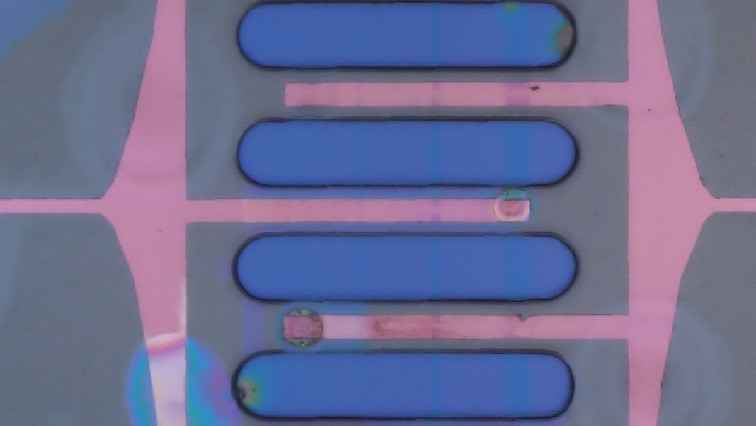Archer, through one of its foundry partners, has reportedly verified a process that directly grows graphene surfaces to produce enhanced devices, rather than transferring the graphene to a device from a wafer, as previously done. The team has tested the devices by storing them in normal air conditions over a two-month period, finding no significant degradation in performance.
Archer can now prepare the graphene surfaces (without degradation) with molecules that are selective to targets it aims to sense. Initial experiments have shown that it is possible to decorate the devices with species that will selectively bind with atoms, or ions like potassium, an important chemical in monitoring chronic kidney disease patients.
This builds on previous work done by the team through protecting transferred graphene (the more common method of producing wafers of graphene) with ultra-thin films to allow sensors to be stored in air without suffering degradation. This addresses the common concern where devices are not stored in a nitrogen-controlled environment or in vacuum, they normally degrade and eventually cannot be used. This poses a difficult storage problem for commercial devices built in such technology.
The growth process is proprietary but is based around a traditional semiconductor process known as molecular organic chemical vapour deposition (MOCVD).
The processes that Archer is testing are scalable to a high-volume manufacturing environment and allows the company to maintain the high sensitivity of the as-fabricated gFET devices.
In coming months, Archer is set to build on this initial work to produce first demonstrator data on detection of relevant ions in liquid – the initial step to initiate development of at-home sensing and monitoring of elements like potassium for renal patients.
Commenting on the gFET development, Greg English, Executive Chair of Archer, said: “Archer has reached an important step in the development of its Biochip acting as a Lab-on-a-chip that detects and analyses liquid disease samples through the testing of its first disease, chronic kidney disease. The Biochip team has continued to build on work where the graphene surfaces do not suffer from degradation, which has brought Archer to this point, allowing it to test for potassium. This milestone is significant in Archer’s mission to help improve accessibility to healthcare through its Biochip by integrating it on mobile electronic devices.”
Read the original article on Graphene-Info.







